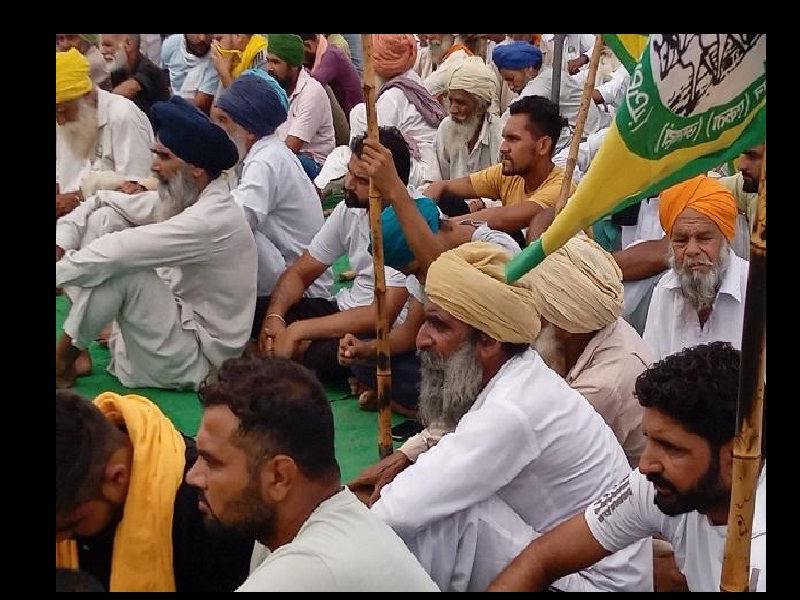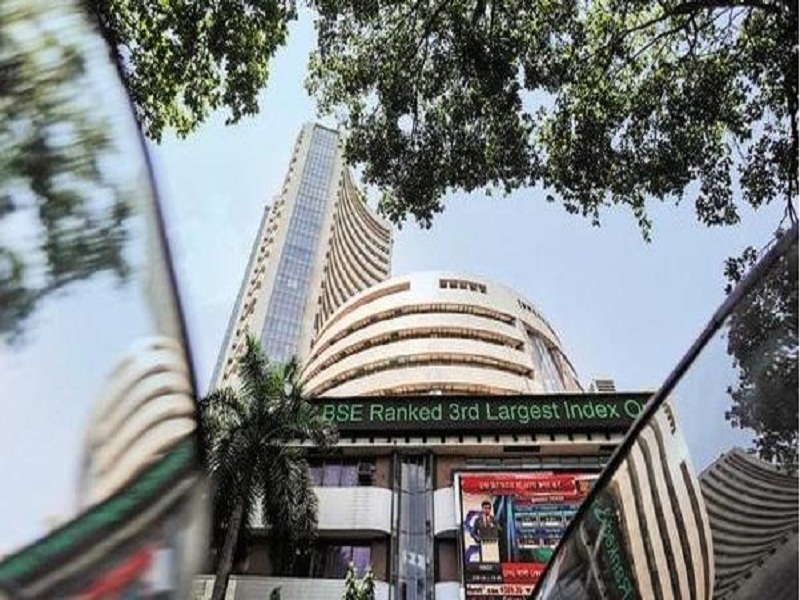The overdue farm reforms are not something to fear
Published On: Thursday, December 3, 2020 | By: Team KnowMyStock

While the economy has been partly liberalised since opening up to the world in 1991, the process has largely bypassed the three-fifths of Indians who depend for their livelihoods, directly or indirectly, on farming. In September, the government finally introduced a much-needed set of changes to how agriculture is organised and how produce is sold in India. Now tens of thousands of agitating farmers have marched upon New Delhi in protest. The protests may have less to do with the recent reforms, which allow farmers to enter into direct contracts with purchasers and which eliminate the monopoly government warehouses previously held on the wholesale trade, than those that may becoming. The answer isn’t for the government to reverse course — it’s to go further.
Unlike many other countries, India doesn’t provide direct income support to its farmers. Various farm insurance schemes have also failed to get off the ground. Instead, what the government does is buy produce — mostly rice and wheat. This is then stored in the warehouses of the state-controlled Food Corporation of India and distributed at a subsidised price to the population.
Unfortunately, the subsidies for rice and wheat caused too few farmers to plant vegetables, which are subject to major price fluctuations. (They are a constant headache for the inflation-targeting central bank.) Meanwhile, India produces too much grain, which is now rotting in government granaries. Policies designed for an India on the edge of starvation don’t fit the India of today.
Those policies were also geographically biased, mostly benefiting the prosperous state of Punjab in northern India and neighboring regions. Although it only accounts for 2% of India’s population, Punjab was responsible for four-fifths of government wheat purchases earlier this year.
Not surprisingly, most of the demonstrators converging on Delhi come from these same regions. The issue is one of trust. The government has insisted that it does not intend to end the current grain procurement system.
Historically, the subsidies have been so politically important that India has held the entire World Trade Organization to ransom in order to protect them. But the arrangement cannot be sustained unless backed by a political consensus. The protesters recognise that the passage of these new laws implies that that consensus is eroding. In many parts of India, there has been little or no protest. To those most dependent on agricultural support prices, the end of the system may now look inevitable.
The government need to admit this and explain how it intends to compensate those farmers and regions that will lose out if subsidies are eliminated. On top of the recent reforms, India needs to develop a more modern income support system for those who grow its food. An assurance that nobody is going to wind up losing their livelihood would help convince the agitating farmers that overdue changes are not something to fear.
Tags: New agriculture policy
We are on Telegram!
JOIN our telegram channel to receive updates on Financial News and Stock and FNO Tips.
Click Here!
Follow Us On:






